The SEC’s New Guidance on Rule 506(c): A Game Changer for Private Fund Advertising
What Happened?
Earlier this month, the SEC staff issued a no-action letter that simplifies the verification process for private fund sponsors relying on Rule 506(c). This change has the potential to significantly expand the use of general solicitation in private capital raises, making it easier for issuers to market their offerings to a wider audience. Let’s dive in:
Key Takeaways
Rule 506(c) Background
Established in 2013 under the JOBS Act, Rule 506(c) allows issuers to engage in general solicitation and advertising, provided they take “reasonable steps” to verify that all investors are accredited.
Historically, compliance with the “reasonable steps” requirement has been burdensome, requiring tax returns, bank statements, or third-party verification letters.
New Alternative Verification Method
The SEC’s no-action letter provides a simpler approach for private fund advisers:
Minimum investment of $200,000 for individuals and $1 million for entities
Investor self-certification that they are accredited and that funds were not borrowed for the investment
No actual knowledge of information contradicting the two above points
Implications for Private Fund Sponsors
While the updated verification method makes Rule 506(c) more accessible, sponsors must still comply with:
The Marketing Rule under the Advisers Act, which restricts the use of hypothetical performance in advertisements
Anti-fraud provisions and other regulatory requirements
Sponsors considering Rule 506(c) should update their policies, review offering materials, and file an updated Form D if transitioning from Rule 506(b).
CCG’s Guidance
Private fund sponsors should assess whether Rule 506(c) is now a viable option for their fundraising strategy.
While the new guidance reduces verification burdens, compliance with the Marketing Rule and other SEC regulations remains critical.
Expect increased regulatory scrutiny as more firms test the limits of general solicitation.
The SEC’s shift on Rule 506(c) could mark a turning point for private fund marketing. As the regulatory landscape evolves, preparation is key.
The Chenery Compliance team is here to help you navigate these changes and ensure your firm remains compliant.
